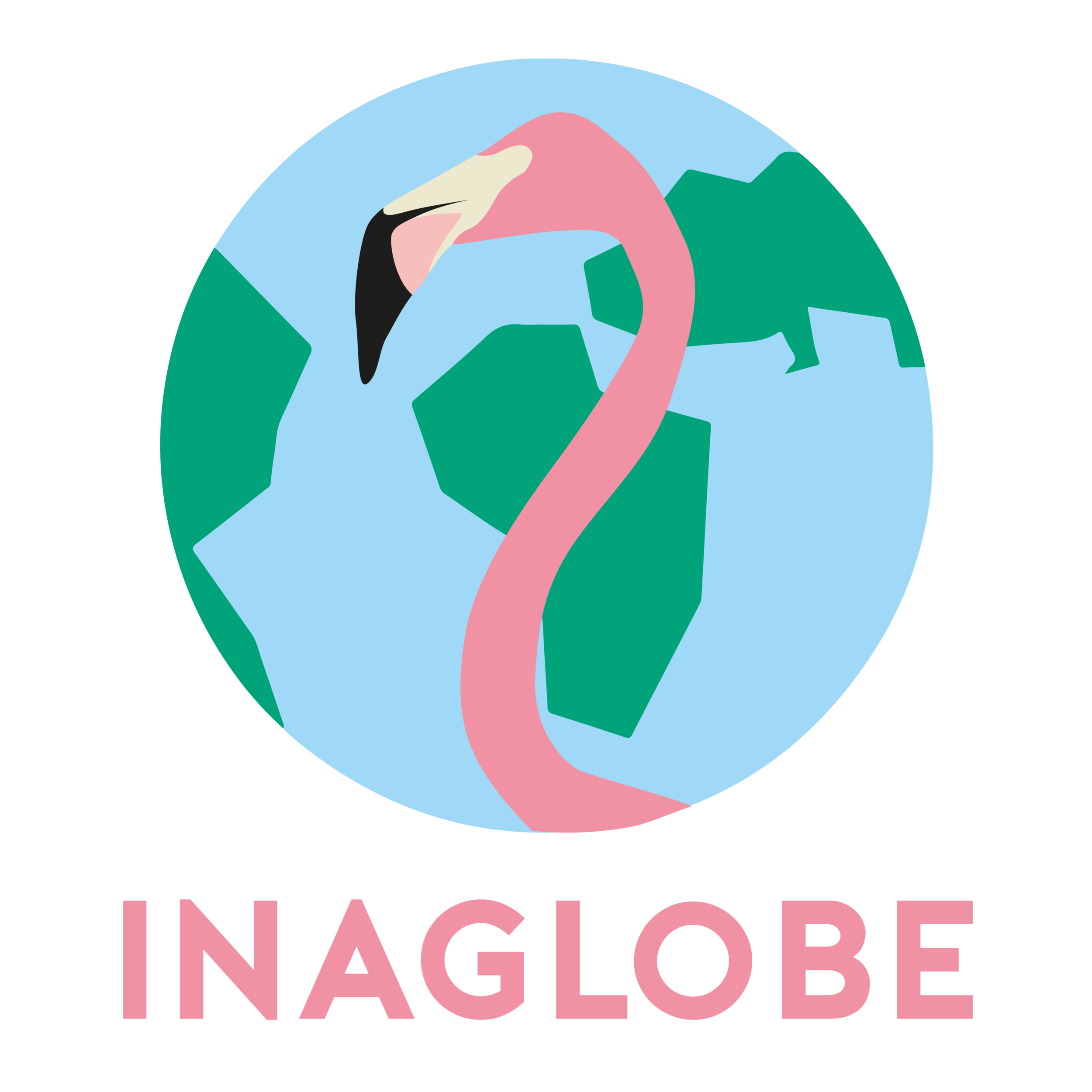A bit of a catch-up (Update since Moz’17)
This year has come with progress for InAGlobe Education. As soon as we came back from Mozambique, the team turned the idea into an incorporated, vowed non-profit, organisation. The initial idea of becoming a charity was overturned by the difficulties of penniless, new graduates being able to run these organisations for a living; and also motivated by the sustainability that an economically sound status may bring to an idea that has a great potential for human development. InAGlobe Education became InAGlobe Education Ltd.
The Autumn term, from October to December, commenced with in a celebratory fashion. As mentioned in the previous post, we were awarded the Student Award of Outstanding Achievement and the Undergraduate graduation ceremony of Imperial College London. The next few months were included solidifying relationships with the Bioengineering Department, and with key individuals that gave us guidance at the inception of the idea before the summer. However, the most important task undertaken over these months was setting the groundwork for what InAGlobe was to become and how this was going to happen; this meant that a lot of time was spent troubleshooting and discussing the many hurdles that we had encountered during the months since April 2017.
Over the months of January to March, the main focus turned towards taking advantage of the resources that Imperial College gave students for the creation of companies, via the Enterprise Lab. This, despite the pressure that it exerted in delivering at a high pace, resulted in the completion of our concierge service website: inaglobe.com. This was coupled with reconnecting with the NGOs in the field so that projects could be proposed to departments for the summer opportunities that students have at Imperial College. In order to not overload ourselves with quantity, a selected few projects were taken forward for this first exercise.
A project for the development of a point-of-care device for viral hepatitis using micro RNA biomarkers, undertaken by L. Petrou and supervised by Dr. Sylvain Ladame, was awarded funding as a UROP (Undergraduate Research Opportunity Programme). Secondly, a project proposed by Casa do Gaiato – Maputo for an innovative pill organiser was selected to be undertaken by a team of two students: D. Charemis and M. Nunes de Abreu; and supervised by Dr. Sypros Masouros. We wish all the parties involved all the best in the endeavour!
This summer will come with a series of exciting milestones, which will get us closer to the goal of spreading impact, innovation and the humanitarian mission across different parts of the world!

